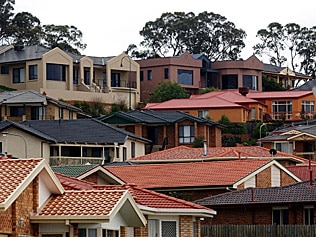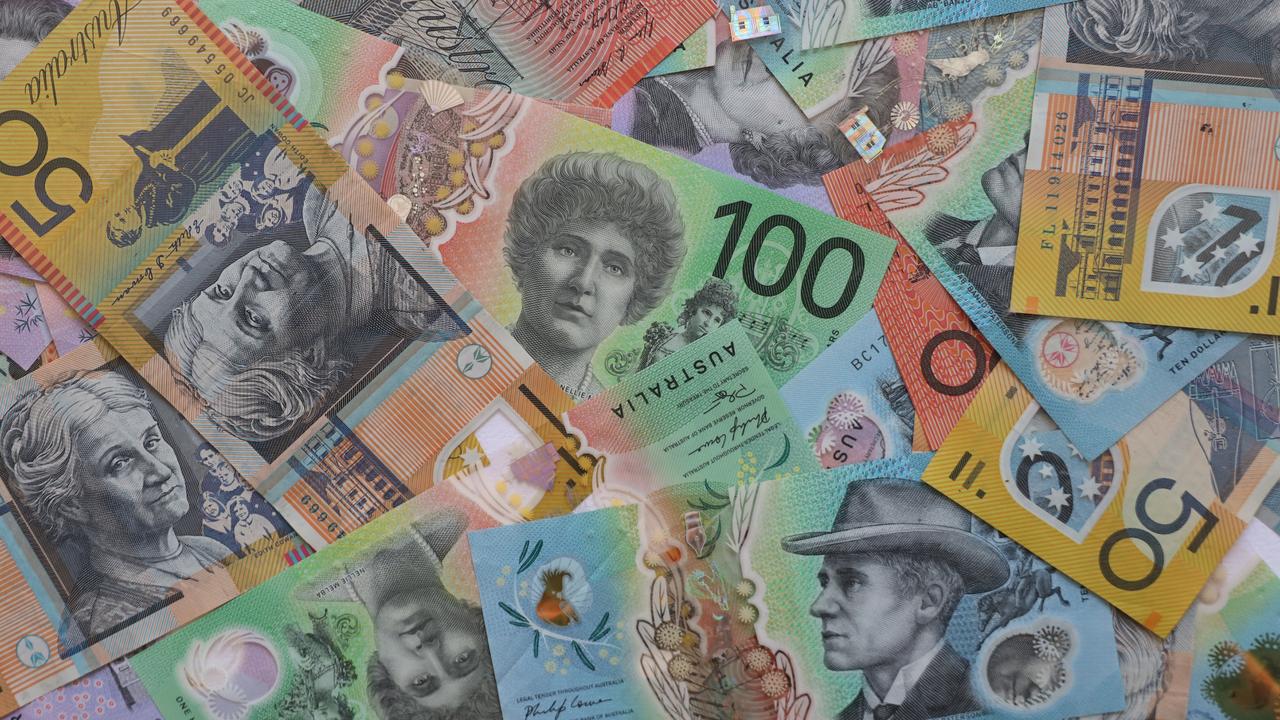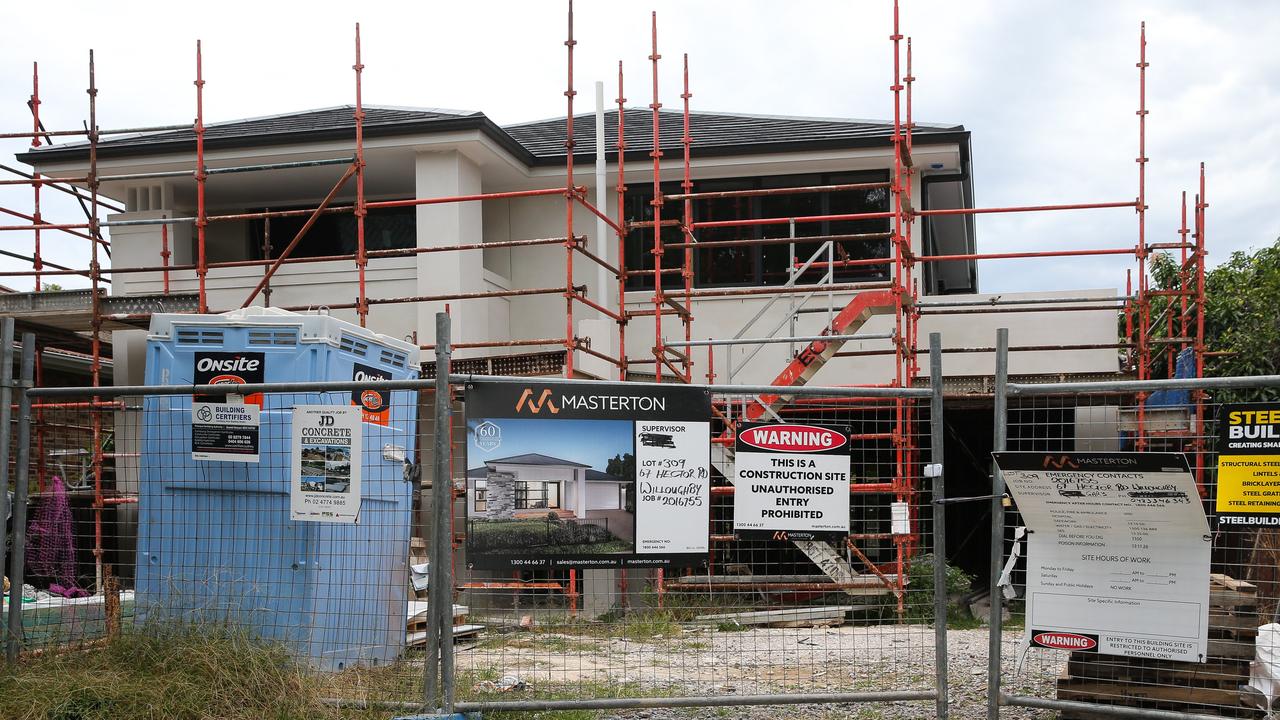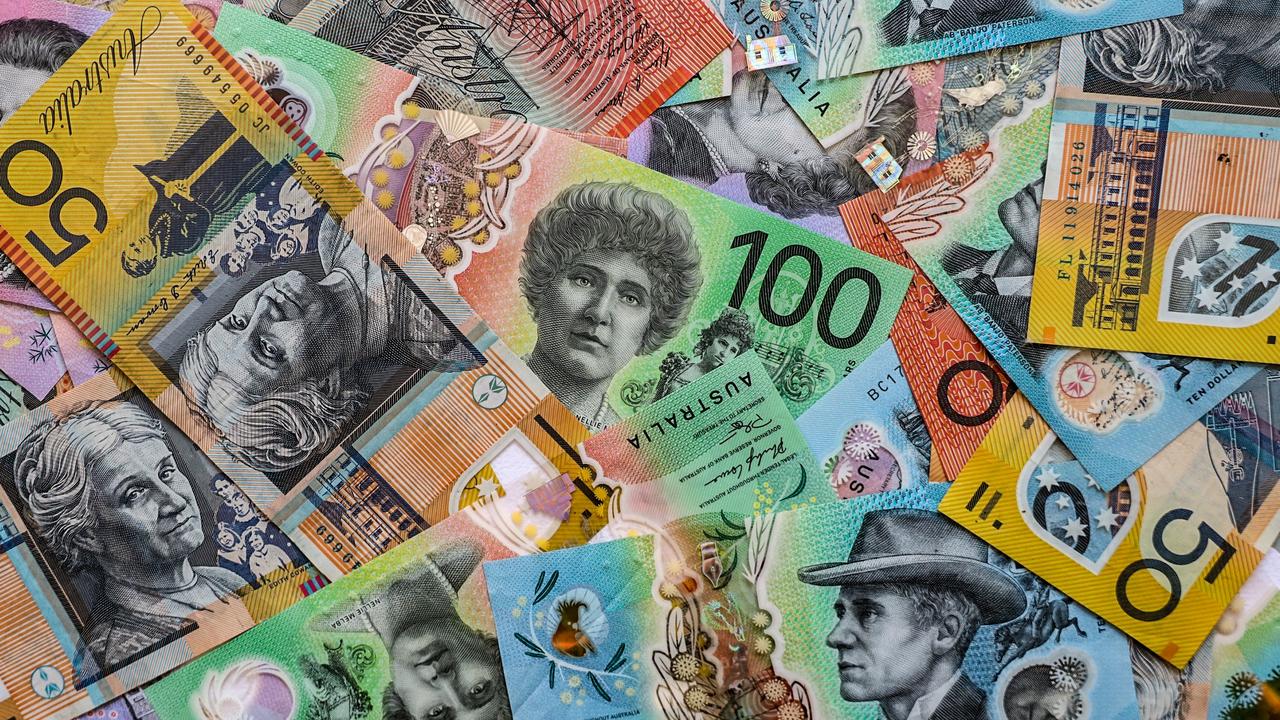Interest rates heading for 10 per cent, experts warn
RATES are predicted to hit 10 per cent within two years as the RBA moves to stem runaway inflation.

MORTGAGE rates are predicted to hit a horror 10 per cent within the next two years as the Reserve Bank hikes rates to prevent runaway inflation.
Leading economists say soaring commodity prices and rapidly rising employment are stoking dangerous inflationary pressures that the RBA is determined to stamp out.
As a result, economists at Macquarie Bank and Commsec, the Commonwealth Bank's investment arm, have both forecast the cash rate will hit "pre-crisis highs" of 7.25 per cent by 2012 if the economy continues to perform so strongly.
Since banks have expanded their profit margins during the financial crisis, that translates to variable mortgage rates of 10.1 per cent - the highest since 1996.
"The banks' margin above the cash rate has crept up to almost 2.90 per cent," said Josh Williamson, chief economist at Citibank. "So the cash rate doesn't even need to rise as high as last time (for mortgage rates) to hit double figures."
Rory Robertson, Macquarie's interest rate strategist, says a booming labour market could force the RBA's hand. "If the economy keeps on growing like this, we will hit the previous highs in the cash rate," Mr Robertson said.
"We already have a template of what happens when the economy grows strongly - we saw it before the Lehman Brothers collapse in 2008 - so we know how the Reserve Bank responds to the threat of inflation. It hiked aggressively back then, and it is doing the same again now."
Savanth Sebastian, senior economist at Commsec, says if iron-ore and coal prices continue to rise, we can expect the cash rate to revert to its pre-crisis level.
"The makings are there for a repeat of the commodities boom that we saw between 2003 and 2008, and rates will likely hit, or exceed, previous highs in this cycle."
The news will strike terror in many homes, especially owners who stretched to afford a property when rates were at record lows last year.
If rates do hit 10 per cent, a borrower who took a $300,000 mortgage when rates bottomed at 5.75 per cent last year will see monthly repayments rise by $839 a month, from $1887 to $2726.
Even if rates hit 9.50 per cent, the same borrowers will see repayments rise by $734 a month.
Mortgage brokers have urged potential buyers to factor in at least another two percentage points of rate hikes into their calculations before deciding how much to borrow.
Modelling by Fujitsu Australia, which runs a "mortgage stress" index, suggests 1.1 million households will struggle with repayments if mortgage rates hit 10 per cent.
But it says house prices would be supported by almost-full employment and a continuing shortage of properties.
More Coverage
"Prices would only suffer a small fall, they wouldn't crash," said Martin North, director of Fujitsu Australia.
However, others warn the flood of first-home buyers - lured in by generous government incentives - will struggle so badly, they will be forced to sell, leading to a rapidly deflating property market.
AMP chief economist Shane Oliver said such high rates would lead to a big rise in delinquencies, and prices would fall by around 10 per cent.




